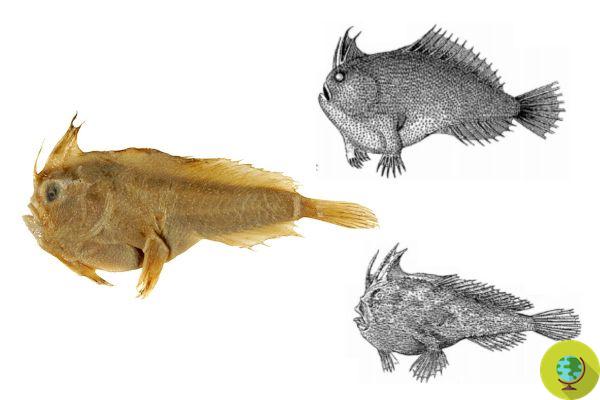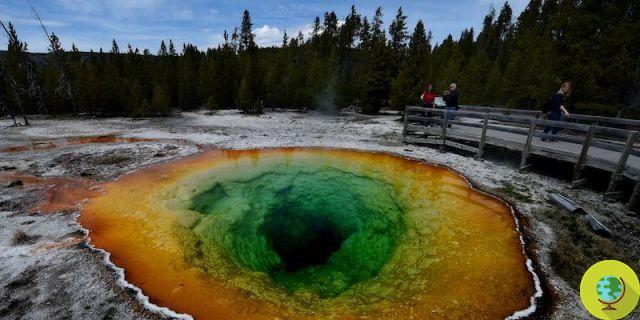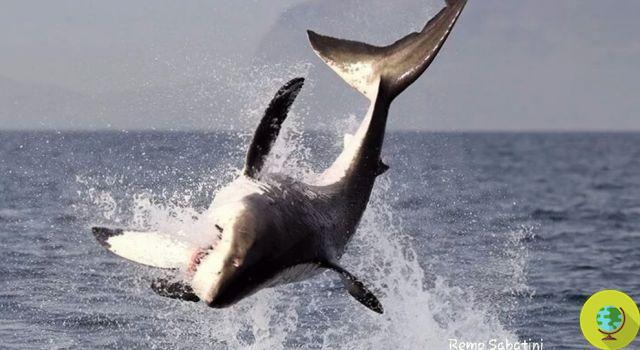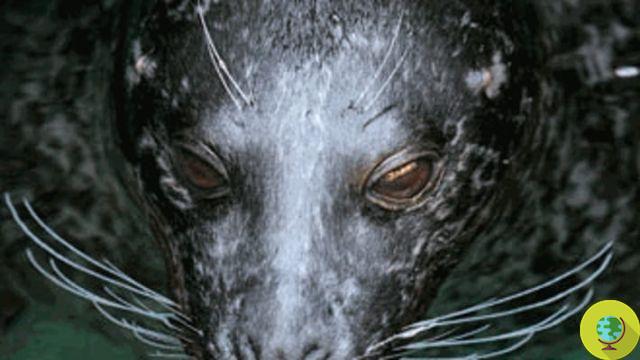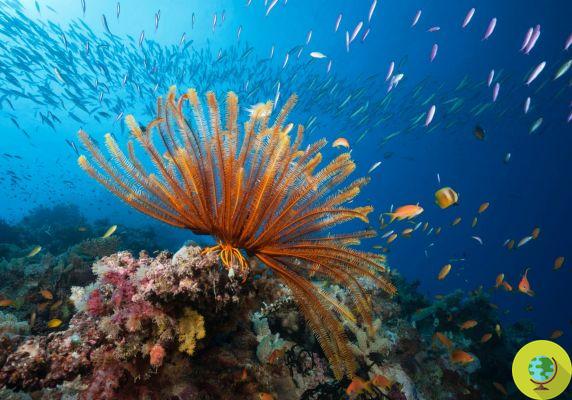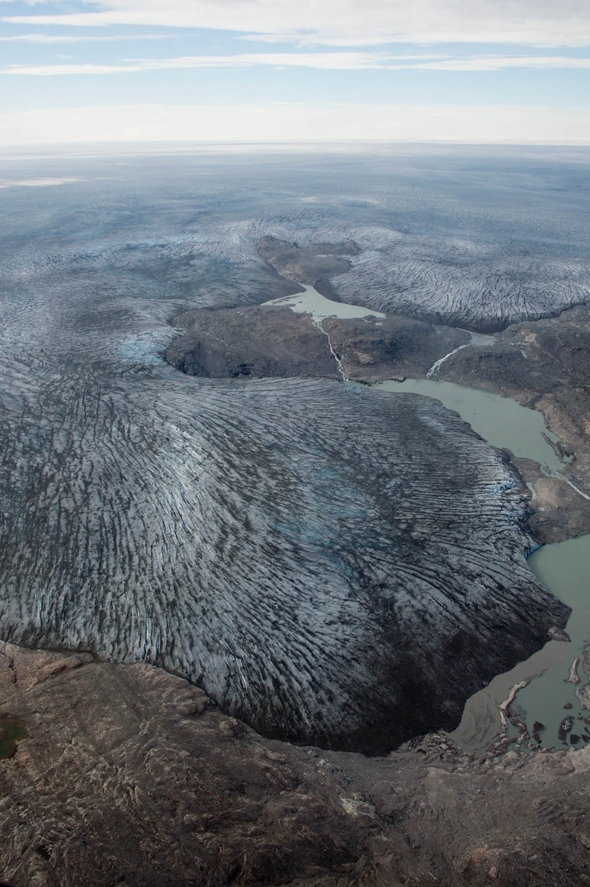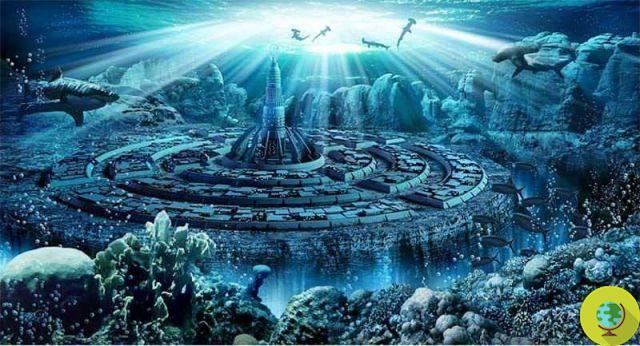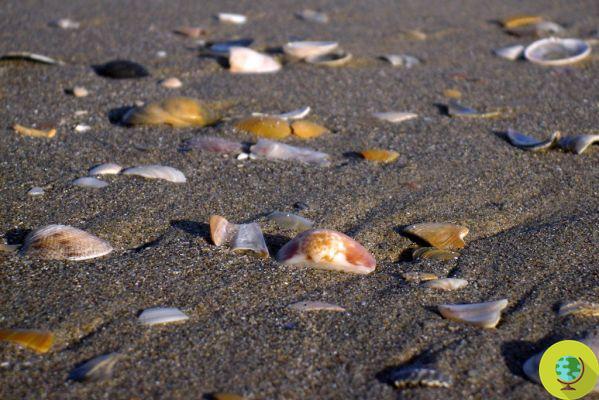
The shells of the conch are dissolving. Blame for the acidification of ocean waters, due to the presence of an increasing amount of carbon dioxide. This is what researchers of the British Antarctic Research Institute, the British Antarctic Survey, claim, who have collected the first data on the alarming phenomenon, publishing them in the journal Nature Geoscience.
He is about to end up run over, his mother saves him
The shells of the conch are dissolving. The fault of theacidification of ocean waters, due to the presence of an increasing quantity of carbon dioxide. This is what researchers of the British body for research in Antarctica, the British Antarctic Survey, which collected the first data on the alarming phenomenon, publishing them in the journal Nature Geoscience.
During a 2008 field research, the team of scientists, along with colleagues from the University of East Anglia and the National Oceanic and Atmospheric Administration (NOAA) found that in the waters of the Southern Ocean pteropod shells, holoplanktonic molluscs that swim by means of lateral expansions, reported very serious damage. The armor of small animals, a fundamental food source for fish and birds and very important for the carbon cycle of the oceans, itself was letterally dissolving.
Trying to trace the cause of the phenomenon, experts found that it was one of the first consequences of the impact of ocean acidification on living things that populate them. It was the corrosive water that dissolved the pteropod shells. "The acidification of the oceans - explain the researchers in a note - is caused by the absorption of carbon dioxide from the atmosphere, increased due to the combustion emissions of fossil fuels". Some laboratory experiments had already shown the potential effect of ocean acidification on marine organisms, but, to date, there was very little evidence of its impact in nature.
The new discovery, on the other hand, supports previous predictions and, as the situation could precipitate by 2050, as scientists say, it is now feared that the problem could aggravate due to the so-called "butterfly effect". Over the course of a few centuries, the acidification process "will weaken the ability to build their own protective shell in organisms such as corals, clams, snails, sea urchins and some calcareous algae", observes marine biologist Justin Ries in a comment in Nature Geoscience. , of the University of North Carolina. This is where the "butterfly effect" comes into play: the phenomenon, which currently affects a very small number of animals, could extend in a short time to the entire planet.
Just think that i clams are an important food source for herring, salmon, killer whales and whales, as well as providing essential sediments to ensure scarbon change in the oceans.
Roberta Ragni
Read also:
- Oceans: never been so acidic. Coral reefs are also at risk
- Nemo in danger: the orange clownfish at risk of extinction
- The whale deaths of the last 40 years are the fault of man






